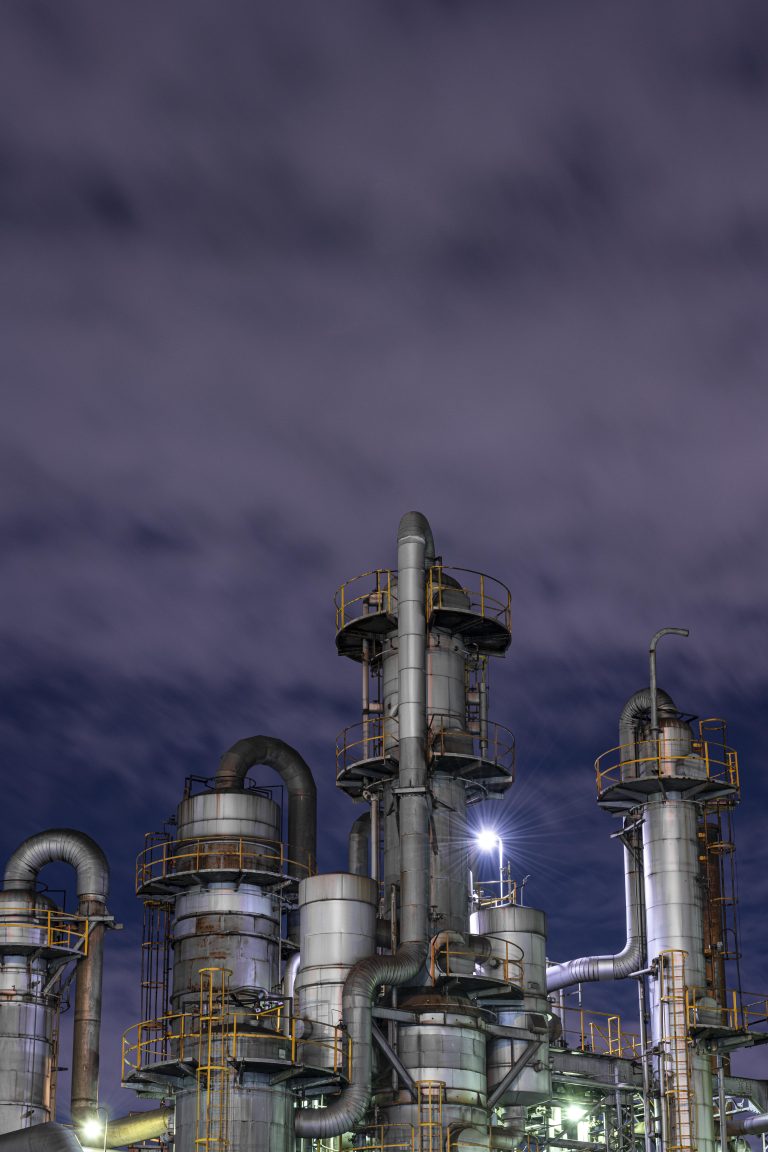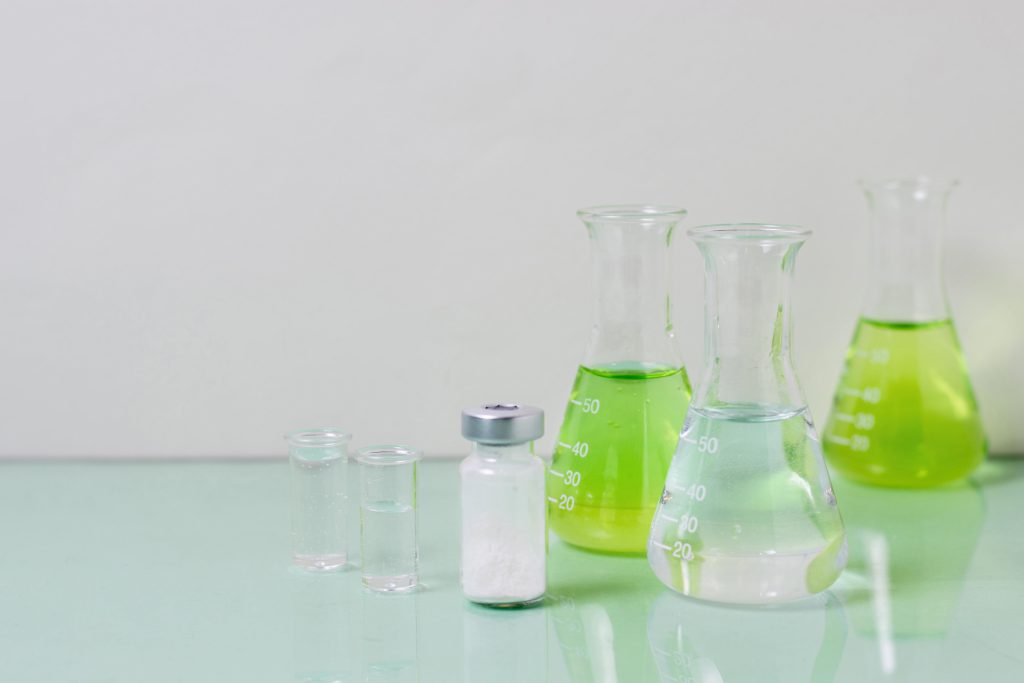

material tailored to most industry needs; you can explore our world below.

About Petrochemical industry
The petrochemicals industry has evolved out of oil and gas processing by adding value to low value by-products, which have limited use in the fuels industry. The industry now produces a remarkable range of useful products, including plastics, synthetic rubber, solvents, fertilisers, pharmaceuticals, additives, explosives and adhesives. These materials have important applications in almost all areas of modern society. Petrochemical products are used in cars, packaging, household goods, medical equipment, paints, clothing and building material to name just a few of the common applications. Furthermore, the industry continues to innovate through new technology and the ability to process different types of raw materials.
The petrochemicals industry sources raw materials from refining and gas-processing and converts these raw materials into valuable products using a variety of chemical process technologies. A variety of feedstocks are used as raw materials, the industry driver being economic.
The target markets for petrochemical products are smaller and more specialised in comparison to refined products and natural gas. Although petrochemical products usually earn premium prices compared to refined products and natural gas product, marketing is more demanding. Market risks and competitive analysis therefore play an important role in lender assessment of petrochemical project finance transactions.
Our Products



Industrial solvents and chemical fertilizers
ACETIC ACID, BUTADIENE, CARBON MONOXIDE, DIMETHYLFORMAMIDE, FORMALDEHYDE, HYDROGEN PEROXIDE, METHYLENE CHLORIDE, UREA, AMONIA, METHANOL & ETC
Industrial detergents raw materials
SURFACTANTS, BUILDERS, ENZYMES, BLEACHING AGENTS, FRAGRANCES, SOLVENTS, ENZYMES & ETC
Food & Beverage dditives
SWEETENERS, PRESERVATIVES, ACIDS, STABILIZERS, EMULSIFIERS & ETC
CONTACT US
